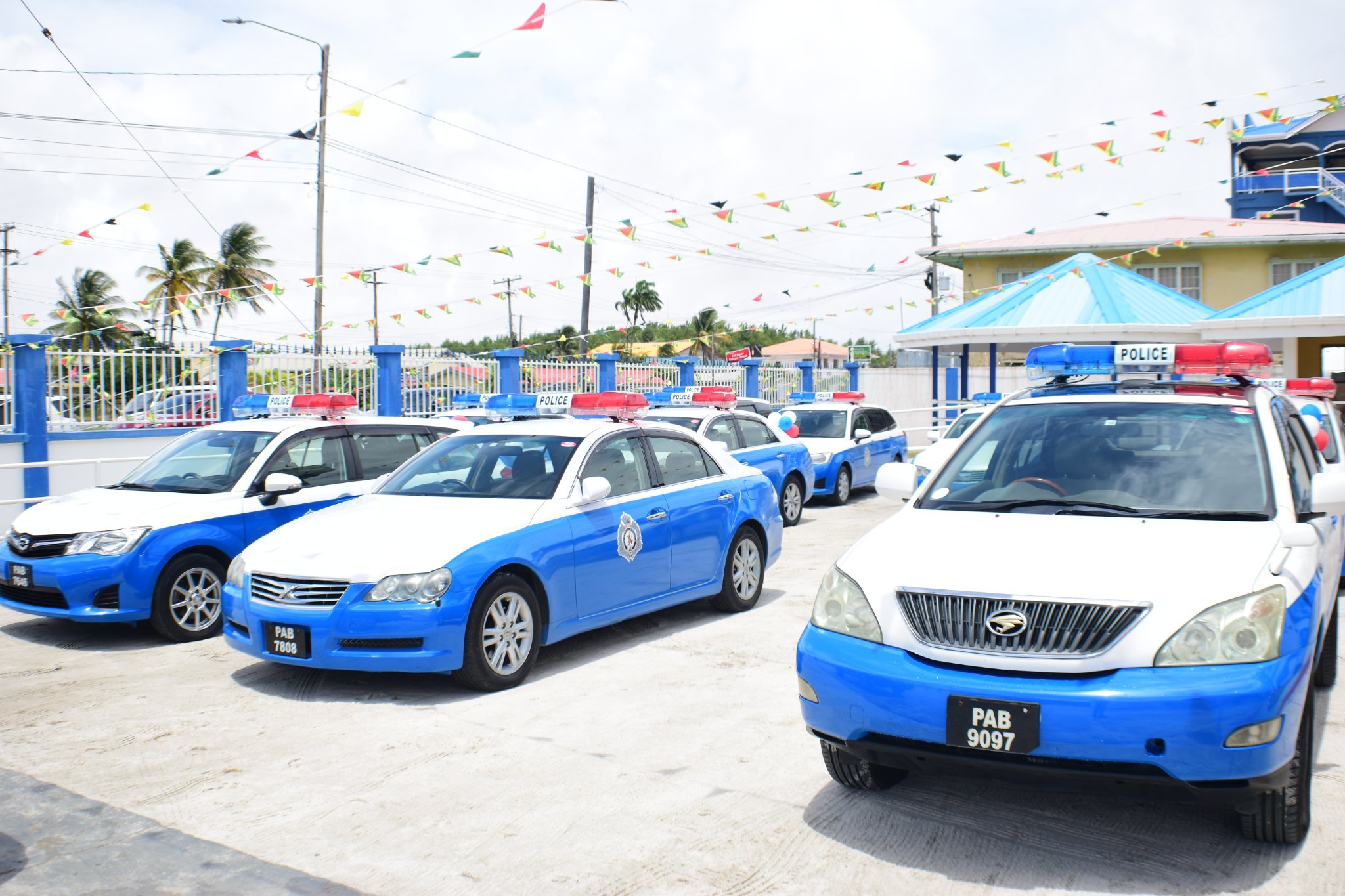
The Guyana Police Force plans to establish several specialised policing units, including an Oil and Gas Unit, to improve the sector’s security management, and an Aviation Unit, for the timely response to crime in hinterland communities.
This is according to Commissioner of Police (ag) Clifton Hicken, who made the revelation during a recent engagement with members of the diaspora.
“We are an oil and gas developing nation and so we are going to realise a tactical unit to respond to incidents in relation to oil and its development,” Hicken said during a comprehensive presentation to the virtual gathering.
 Clifton Hicken</p>
<p>” data-medium-file=”https://newsroom.gy/wp-content/uploads/2022/05/281659429_3208425209437620_2623625976559641172_n-300×200.jpg” data-large-file=”https://newsroom.gy/wp-content/uploads/2022/05/281659429_3208425209437620_2623625976559641172_n-1024×683.jpg” loading=”lazy” class=” wp-image-143133″ src=”https://newsroom.gy/wp-content/uploads/2022/05/281659429_3208425209437620_2623625976559641172_n-1024×683.jpg” alt=”” width=”639″ height=”426″ /><figcaption id=) Commissioner of Police (ag) Clifton Hicken
Commissioner of Police (ag) Clifton HickenThe Aviation Unit, he explained, is necessary at this time for ranks to respond to crime in far-flung hinterland regions. Some of these areas have no cell service and it would take investigators day of travelling to get to the location. Hicken, however, did not say when the units will be established.
A Risk Management Unit, Behavioural Unit and a Monitoring and Evaluation Unit are also in the pipeline.
Hicken related that these strategies will also be developed to improve the transparency and track the Force’s operations.
To this end, he said an Issue Management System along with a Resource and Asset Management strategy, complemented by a robust Fleet Management System, are also being considered.
“We want to be self-sufficient as a Guyana Police Force,” Hicken said.
Already established units such as the Marine, Mounted, SWAT and Canine, will now be introduced in all police divisions.
“We are going to decentralise our marine capability, we are going to decentralise our SWAT Unit, we are going to decentralise our Special Firearms Unit,” Hicken related.
The increased use of technology, intelligence-led policing, predictive policing, video analysis and evidence-based policing, crime scene management and forensic analysis were also touted during the engagement with the diaspora.
“Our traffic management system is going to be digitised and linked to [Guyana Revenue Authority] and so we can have real-time information,” Hicken said.
Further, police operations and arrests will be done in such a way that it does not disrupt communities.
“We are not going to disrupt an entire community for the arrest of one person…and so, in the execution of our duties it will be in on par with international best practices,” Hicken revealed.
Additionally, Hicken said a traffic and crime plan are also on the cards along with the development of an information scheme to reduce caseloads.
“These structures and strategies will change the force to one that is professional,” Hicken said.
Part of the new strategies will also see police commanders and department heads being held accountable and responsible for the way they police the regions, the statistics coming out of their region and the overall management of the region and departments.

